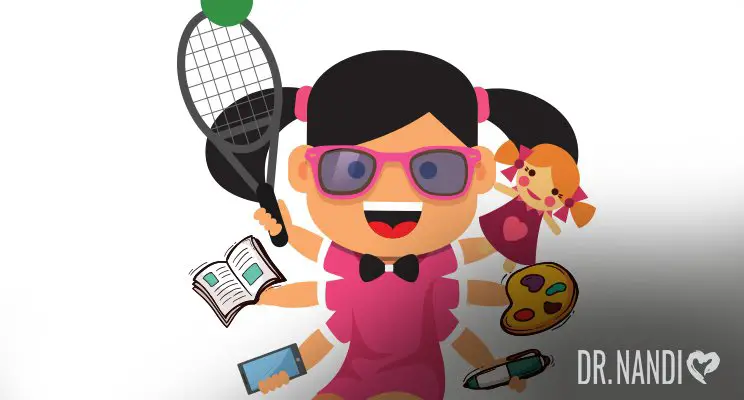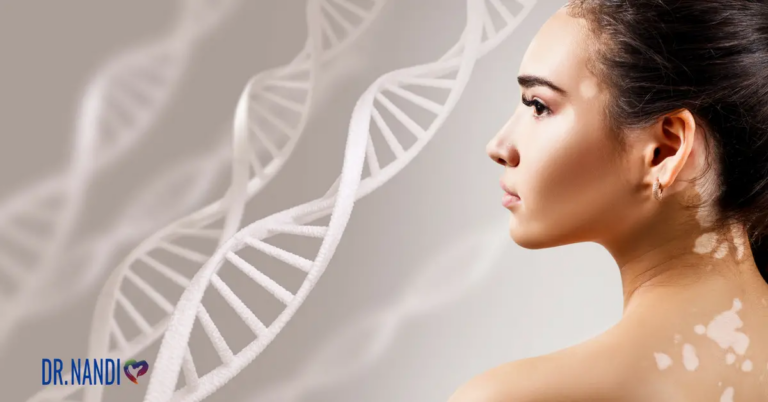Attention deficit hyperactivity disorder (ADHD) is the most common behavioral disorder. It often starts during childhood but doesn’t only affect children but also teenagers and adults of all ages.
This article will discuss what ADHD is, its symptoms in adults, diagnoses, and treatment options.
What is ADHD?
People with ADHD have a difficult time focusing. They get easily distracted and have a more difficult time controlling what they are doing or saying. They tend to be restless or impulsive. Being inattentive, restless, or impulsive is particularly apparent in young children.
ADHD affects about 6.4 million children between ages 4 and 7 in the US alone. From 2003 to 2016, the number of ADHD cases has increased by 7.8% and continues to rise.
Many mental disorders, such as depression and anxiety, tend to affect females more than males; this is not the case with ADHD. ADHD affects about 13.2% of boys versus only 5.6% of girls.
Types of ADHD
There are several types of ADHD, including:
- Predominantly Inattentive Type: Those who fit into this category need to finish tasks and organize things. They have a difficult time paying attention to details and following instructions.
- Predominantly Hyperactive-Impulsive Type: Those who fit into this type have difficulty keeping it still. They may fidget or talk a lot. Children may jump, run, or climb and interrupt others constantly.
- Combined Type: Those who show symptoms of both categories equally have a mixed type of ADHD.
ADHD Symptoms in Children
- Being restless, overactive, or fidgety
- Constantly interrupting others
- Difficulty concentrating for a long time on specific tasks
- Talking constantly
- Being inattentive
- Having a hard time standing still, standing in line, waiting for their turn
While these symptoms are typical for all children, in children with ADHD, they become more pronounced and constant and may interfere with their school work or social life.
What Causes ADHD?
It is not known what exactly causes ADHD. Current evidence suggests that the following may play a role in developing ADHD:
- Genetics
- Food additives and coloring
- Processed sugar
- High fructose corn syrup
- Mercury exposure during pregnancy
Risk of ADHD May Increase due to:
- Smoking or alcohol during pregnancy
- Premature birth
- Exposure to toxins
- Genetics
Complication of ADHD
- Poor school or work performance
- Unemployment
- Poor self-image
- Social difficulties
- Poor mental health
- Poor physical health
- Alcohol or drug abuse
- The trouble with the law
- Suicide attempts
Co-existing conditions
ADHD may present itself as a stand-alone condition or may co-exist with other states. It is the most frequently seen to co-exist with:
- Mood disorders
- Anxiety disorders
- Personality disorders
- Substance abuse
- Learning disabilities
ADHD Diagnosis
There is no blood test, urine test, scan, or other physical tests that can diagnose ADHD. Psychologists, psychiatrists, and other mental health specialists can diagnose ADHD based on observation and recognizing the child’s behavior through parents’ description of the child’s behavior or self-reporting for adult patients.
When Does ADHD Start? Does It Last Forever?
In most cases, ADHD symptoms start before age 7. Though in 75% of the cases, symptoms continue into adulthood. However, hyperactivity and possibly other symptoms decrease with age. Some people don’t get diagnosed until their adulthood.
Adult ADHD
Since adults tend to experience less hyperactivity than children or none, it may be more challenging to recognize ADHD in adults. However, about 8 million adults in the US have ADHD. Many received their diagnoses as children. Undiagnosed or untreated ADHD in adults can lead to chaotic and disorganized lifestyles and work and social difficulties. Behavioral therapy and medication can make a tremendous difference for adults with ADHD.
ADHD Symptoms in Adults
- Impulsiveness
- Disorganization
- Poor time management skills
- prioritizing
- Trouble multitasking
- Trouble completing a task
- Restlessness
- Trouble focusing on a task
- Poor planning
- Excessive activity
- Hot temper
- Low frustration tolerance
- Trouble coping with stress
- Mood swings
ADHD Treatment – Conventional & Natural Methods
The combination of medication, therapy, lifestyle, and dietary changes can bring about the best result for ADHD. Always work together with a mental health professional or team of specialists to find the best treatment possible for you or your child.
Common ADHD Medications:
- Adderal (two strengths, one for short periods, one for more extended periods)
- Dexedrine (lower dosage – taken several times a day)
- Methylphenidate
- Ritalin
- Ritalin LA (will last up to 12 hours)
- Methylin
- Focalin
- Focalin XR (will last up to 12 hours)
- Metadate CD
- Other medications
- Atomoxetine HCI (Strattera)
- Bupropion (Wellbutrin XL)
- Benzphetamine
- Clonidine
- Provigil
Best forms of therapy for ADHD:
- Behavioral therapy
- Cognitive-behavioral therapy (CBT)
- Social skills groups (especially for children)
Lifestyle and Dietary Factors That Can Improve ADHD:
- Regular physical exercise
- Outdoor activities
- Mindfulness and meditation
- Avoiding artificial ingredients, high fructose corn syrup, and processed sugar
- Eating a healthy, whole foods diet with lots of greens, vegetables, and fruits.
- Supplements, including omega-3 fatty acids (fish oil), zinc, melatonin, magnesium, ginseng, ginkgo, valerian, and primrose oil
Parenting Tips for Children with ADHD
- Create structure
- Break tasks into manageable pieces
- Simplify your child’s life
- Organize your child’s life well
- Limit distractions
- Encourage exercise
- Regulate sleep patterns
- Limit wait times
- Encourage out-loud thinking
- Talk things through
- Take breaks
- Believe in your child.
- Calm yourself
- Don’t lash out
- Be positive
- Don’t let your child’s ADHD take control of your or their life.
Frequently Asked Questions:
What does ADHD do to a person?
Those with ADHD have trouble concentrating. Many children may also be hyperactive.
Is ADHD a mental illness?
ADHD is classified as a mental disorder.
Is ADHD a disability?
Usually not; however, it may become a disabling condition in severe cases. Adults with severe ADHD may be able to receive social security checks.
Can ADHD be cured?
There is no cure for ADHD; however, with proper treatment, symptoms can be well-managed, and one can live a full life with ADHD.
Is ADHD a bad thing?
No, there is nothing bad about ADHD or to be ashamed of.
Is ADHD the same as autism?
No. ADHD is not the same as autism. Symptoms of ADHD and autism can overlap, and some children with autism may develop ADHD as well.
Does ADHD run in families?
ADHD can run in the family.
Can ADHD go away?
ADHD symptoms can greatly improve through treatment. Symptoms of hyperactivity tend to decrease with age as well.
ADHD is a common mental disorder that affects your ability to focus and be still. Though there is no cure, symptoms can be managed with proper treatment, including therapy, medication, lifestyle, and dietary changes. People with ADHD can lead a successful, happy, and healthy life.
I hope you’ve found this article helpful. If you have any questions or feedback, let us know.
References:
- https://www.cdc.gov/ncbddd/adhd/data.html
- https://www.additudemag.com/just-diagnosed-with-adhd-next-steps-for-adults/
- https://www.webmd.com/add-adhd/guide/vitamins-supplements-adhd#1
- https://www.additudemag.com/what-is-adhd-symptoms-causes-treatments/
- https://www.mayoclinic.org/diseases-conditions/adult-adhd/symptoms-causes/syc-20350878
- https://www.cdc.gov/ncbddd/adhd/behavior-therapy.html
- https://www.helpguide.org/articles/add-adhd/when-your-child-has-attention-deficit-disorder-adhd.htm
- https://www.webmd.com/add-adhd/guide/attention-deficit-hyperactivity-disorder-adhd#1
- https://www.nimh.nih.gov/health/topics/attention-deficit-hyperactivity-disorder-adhd/index.shtml
- https://www.ncbi.nlm.nih.gov/pmc/articles/PMC3955126/
- https://adhd-institute.com/assessment-diagnosis/diagnosis/dsm-5/
- https://www.cdc.gov/ncbddd/adhd/diagnosis.html
- https://www.cdc.gov/ncbddd/adhd/facts.html



















